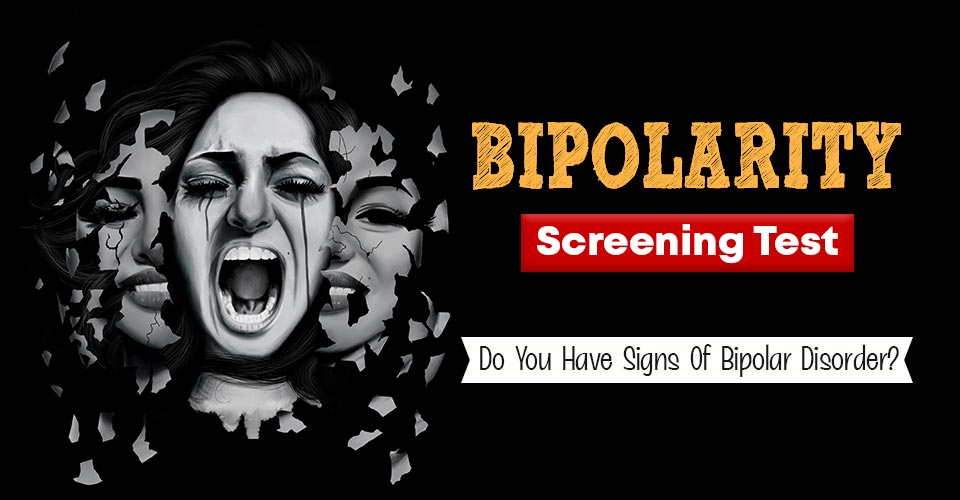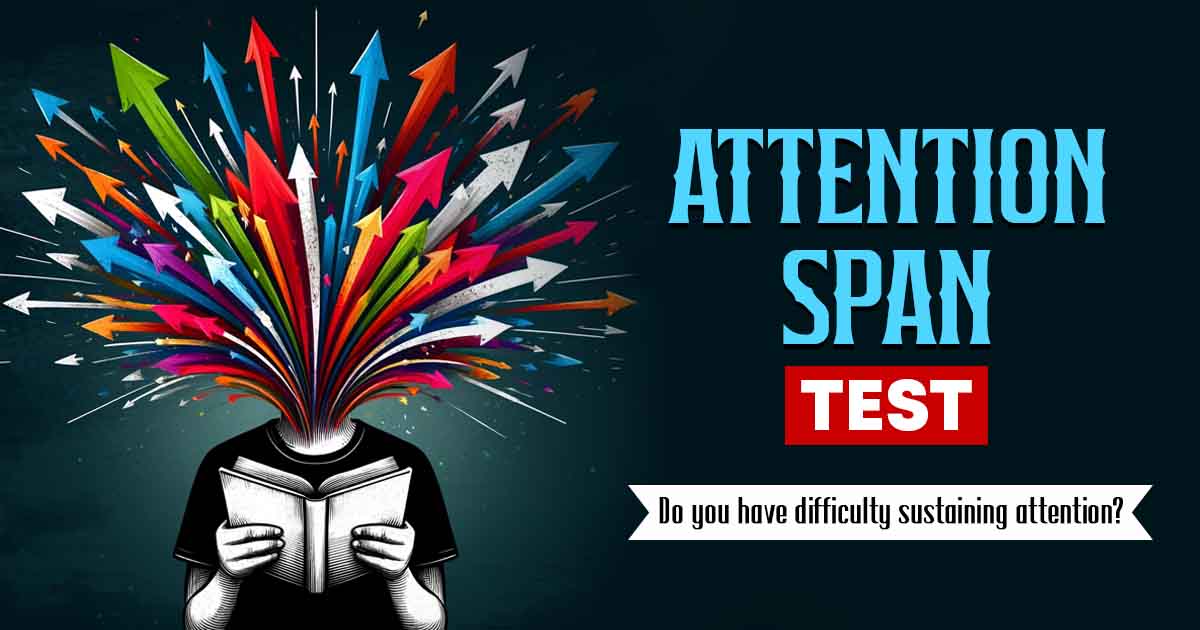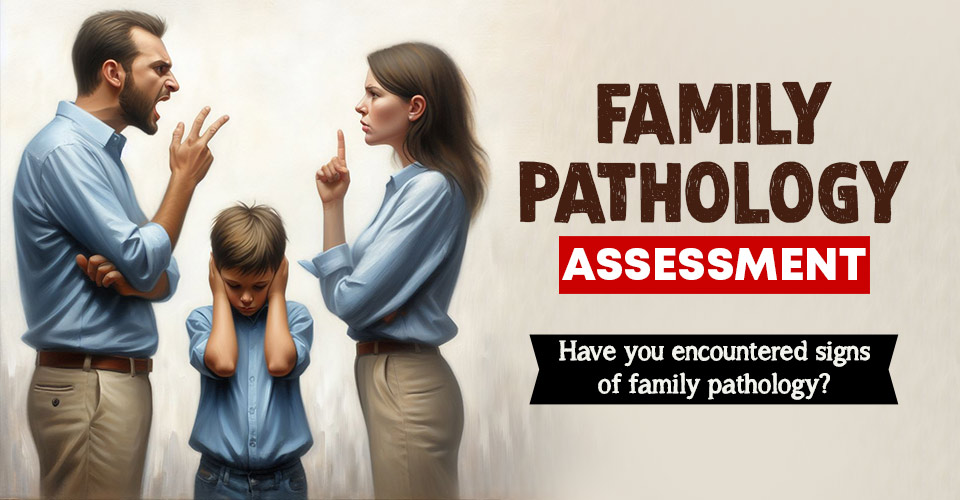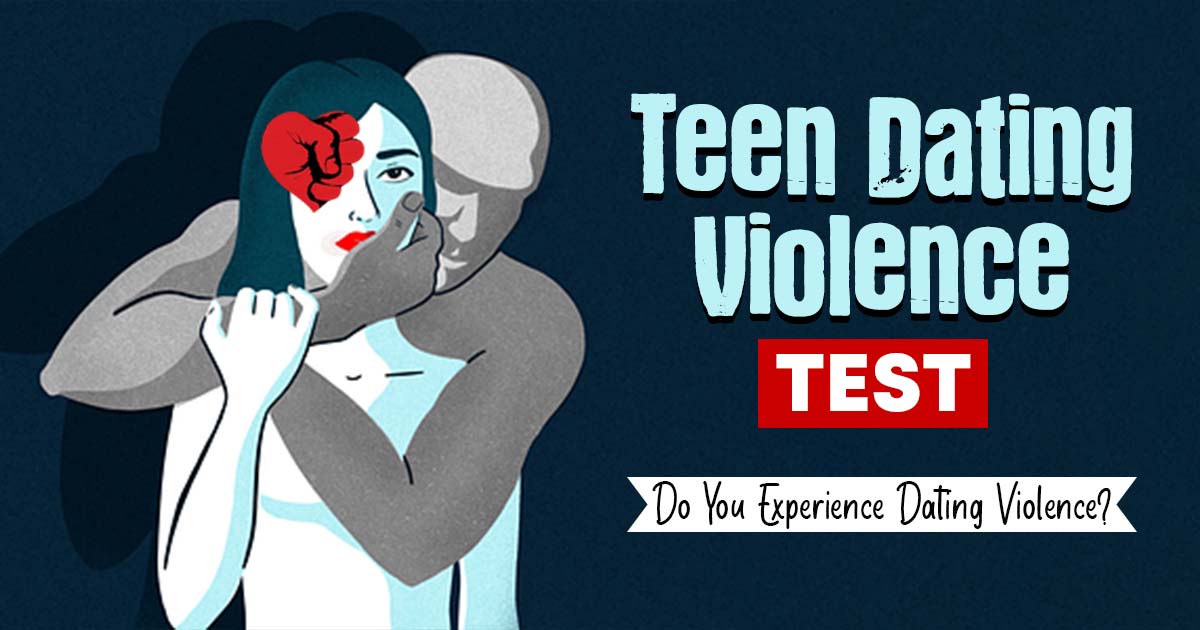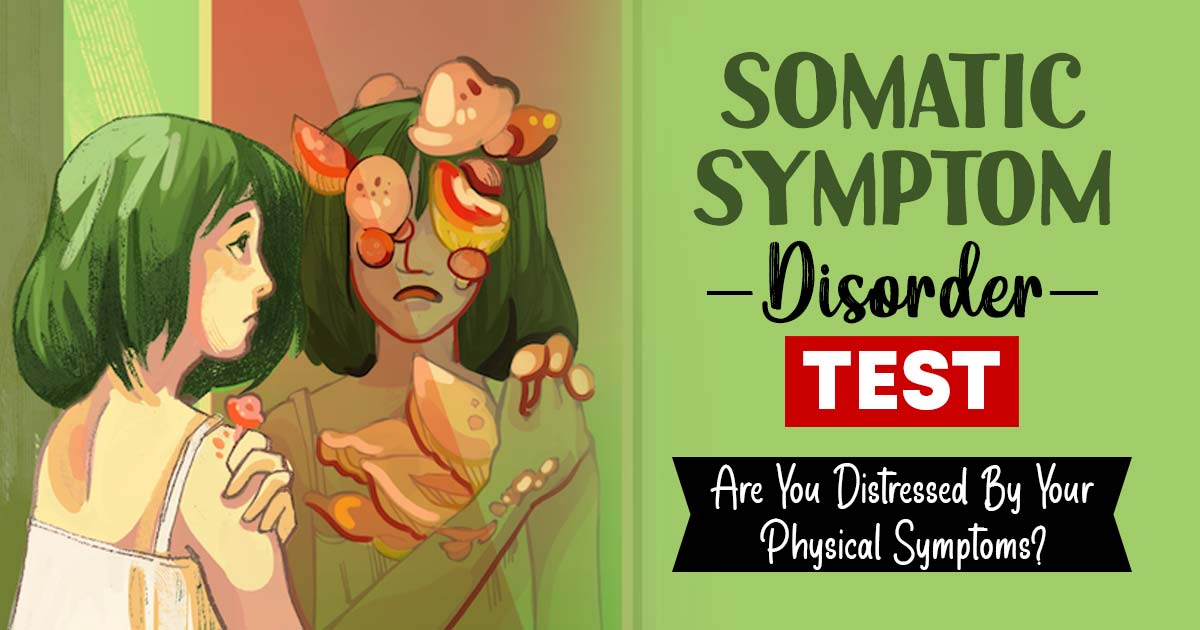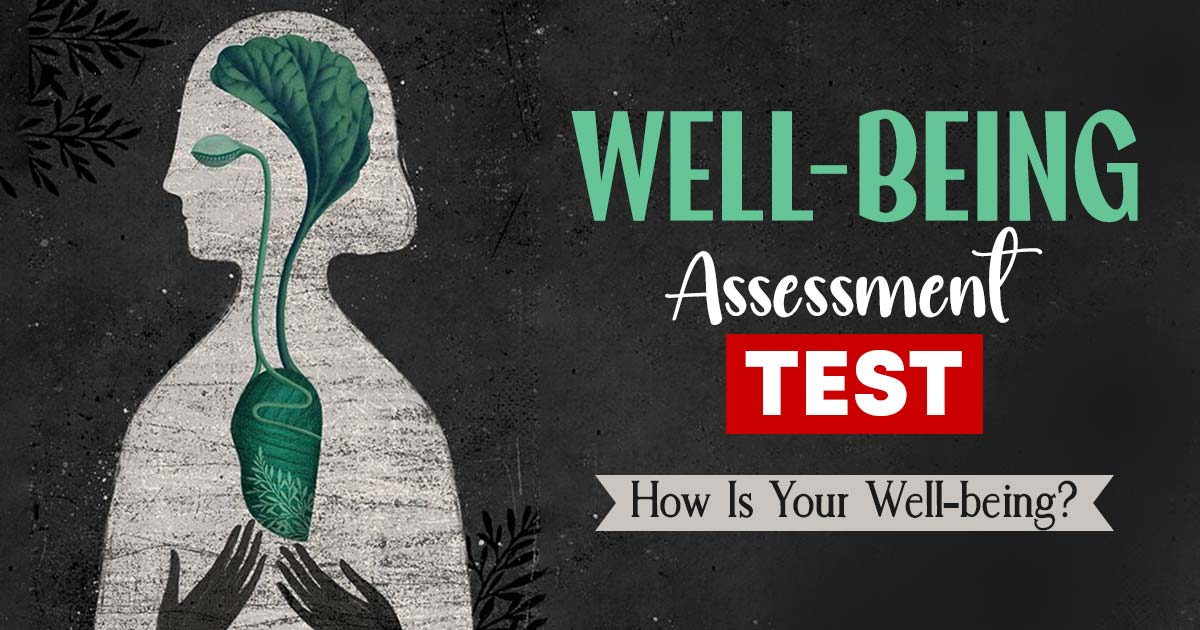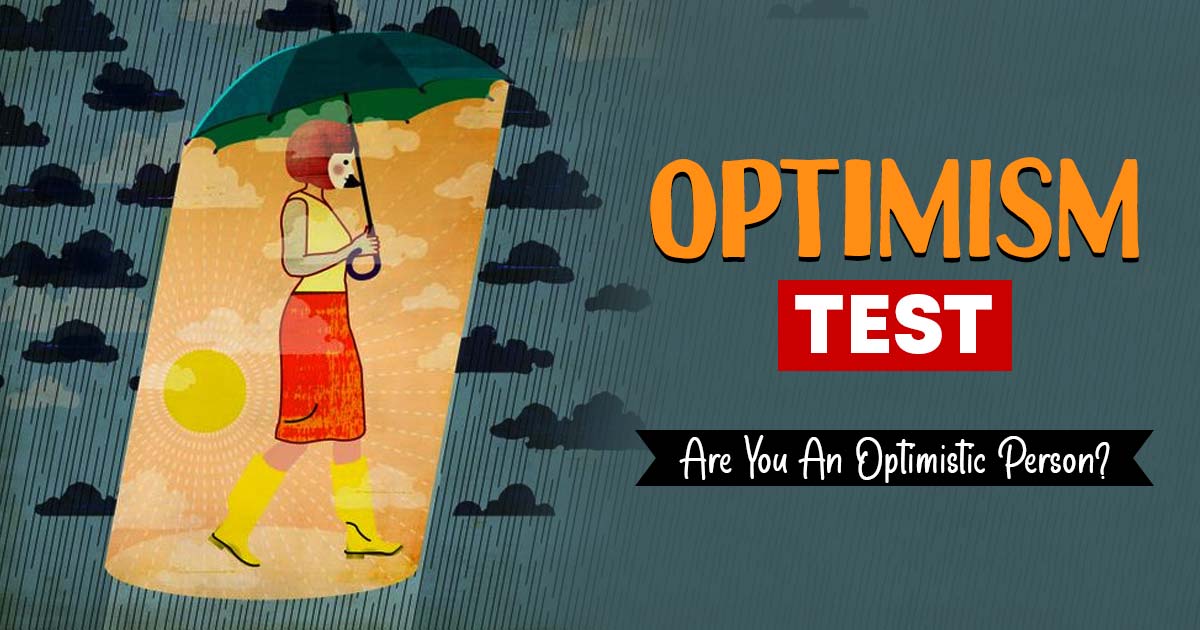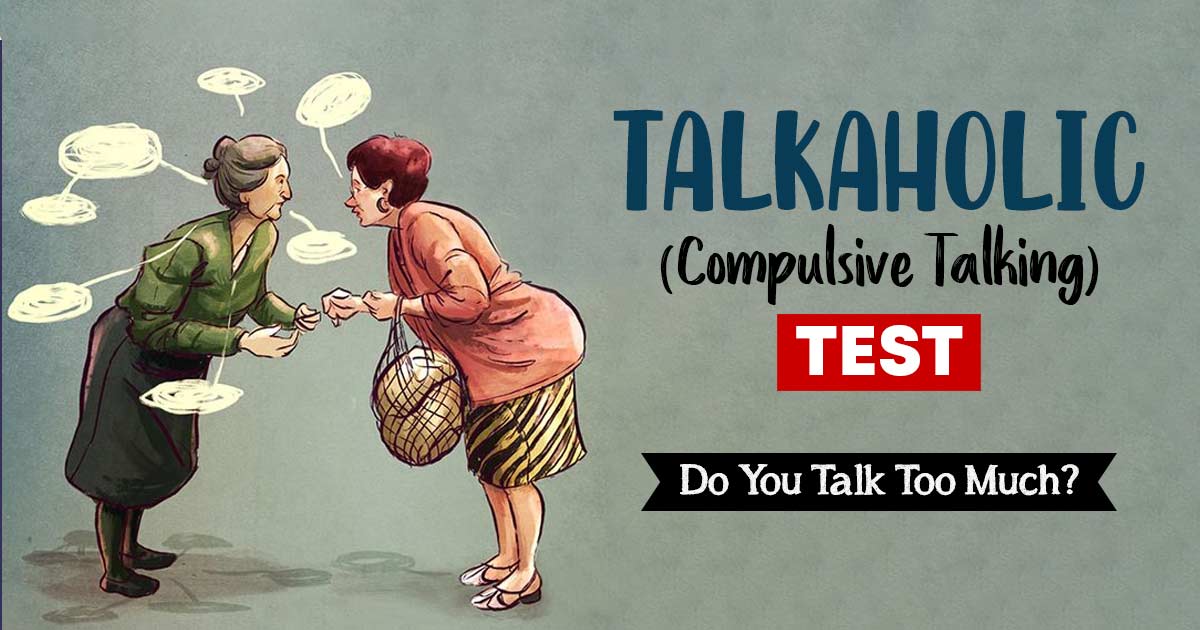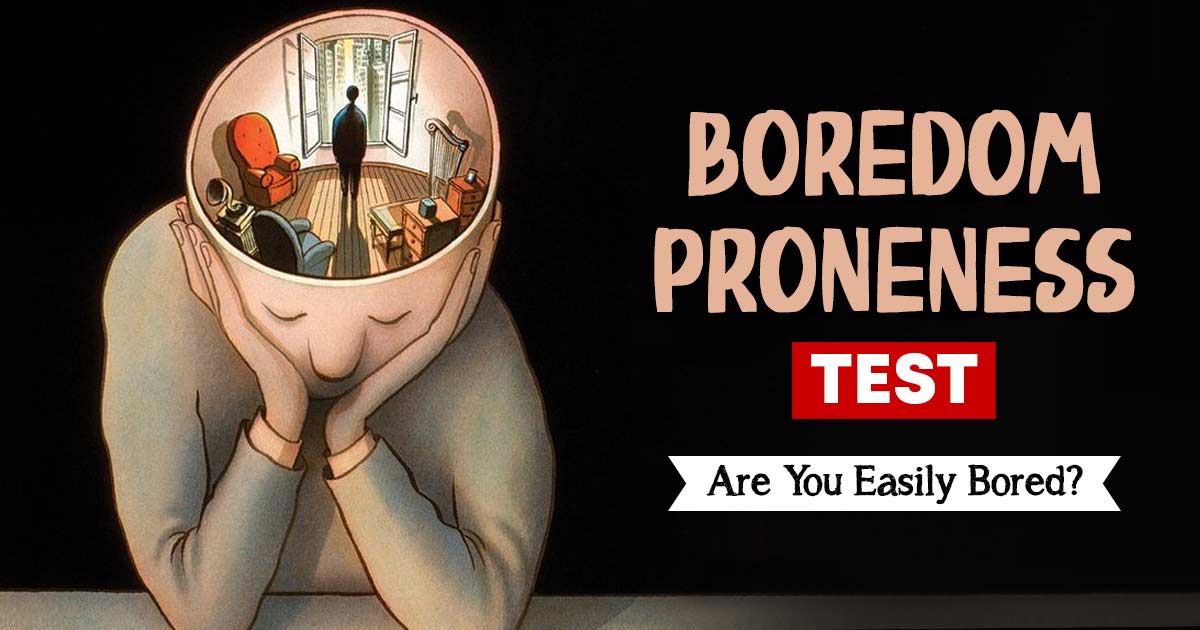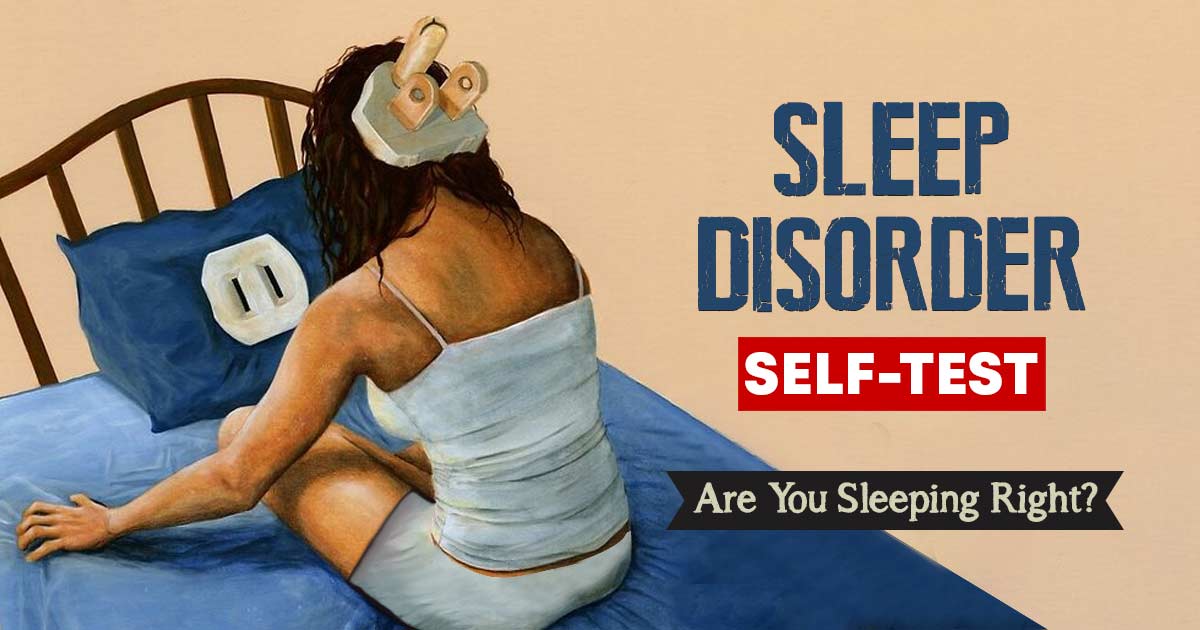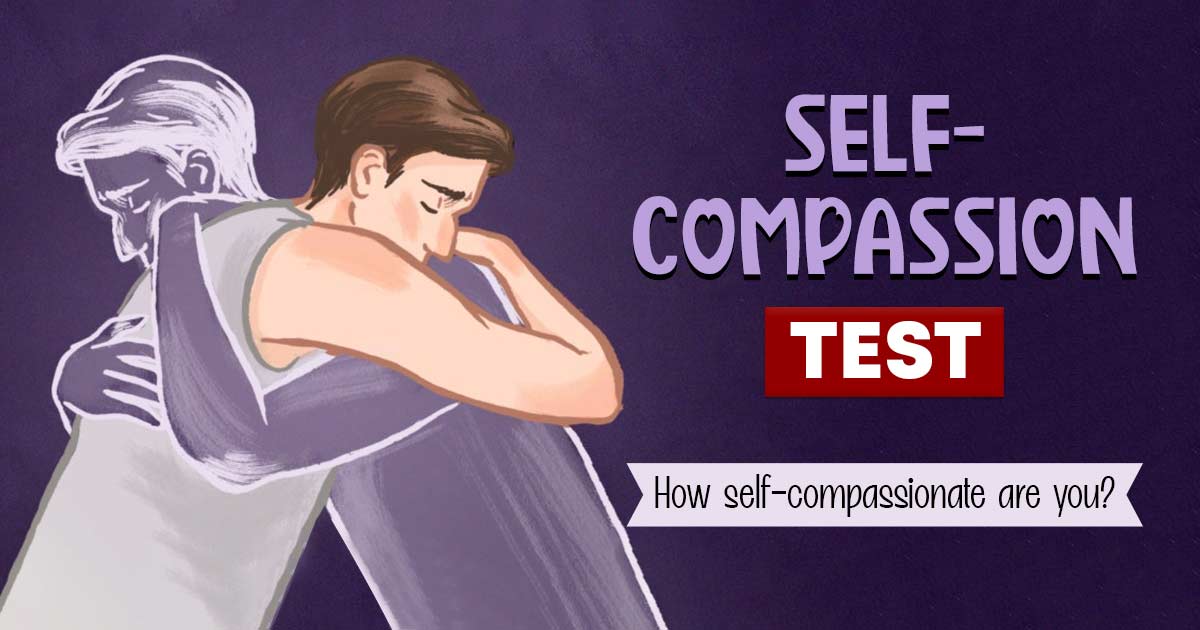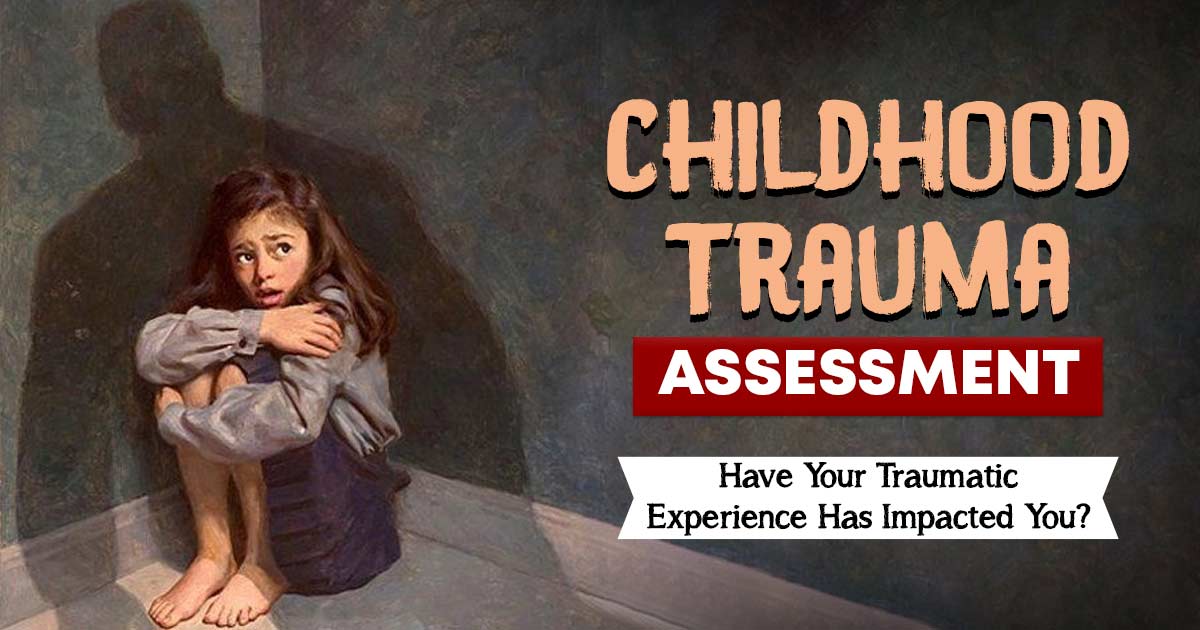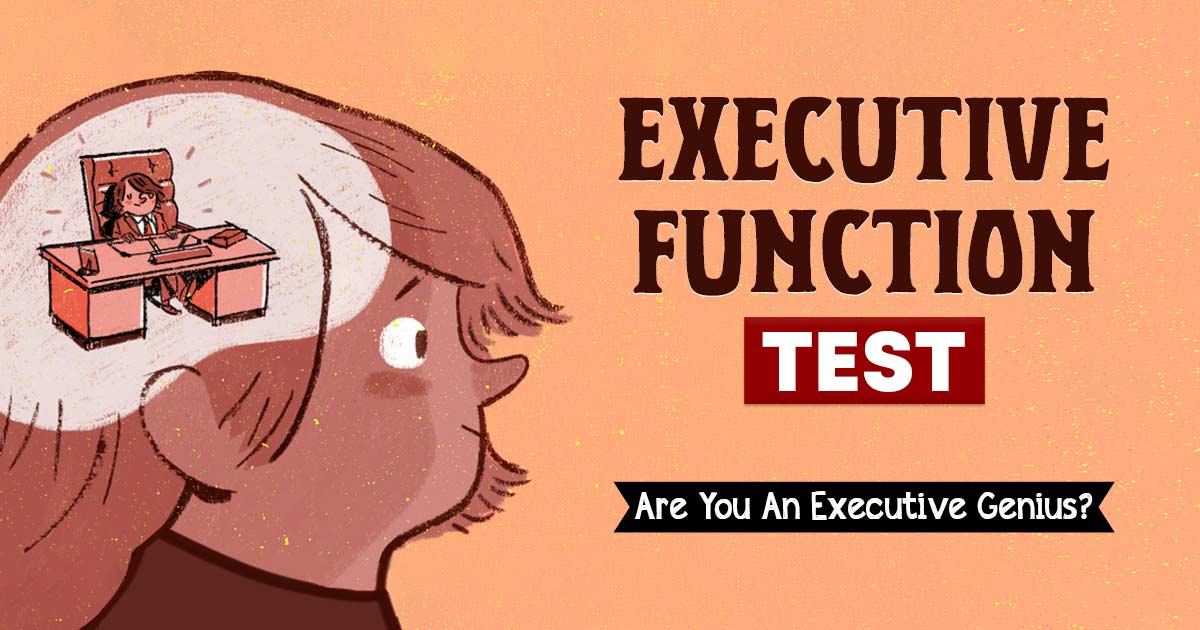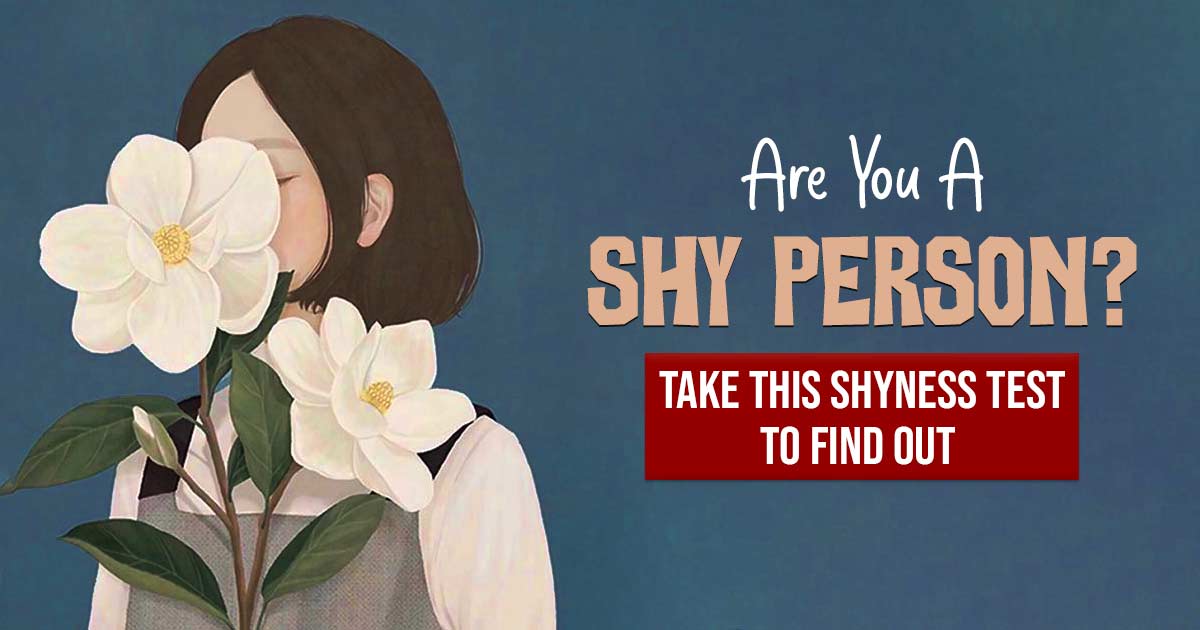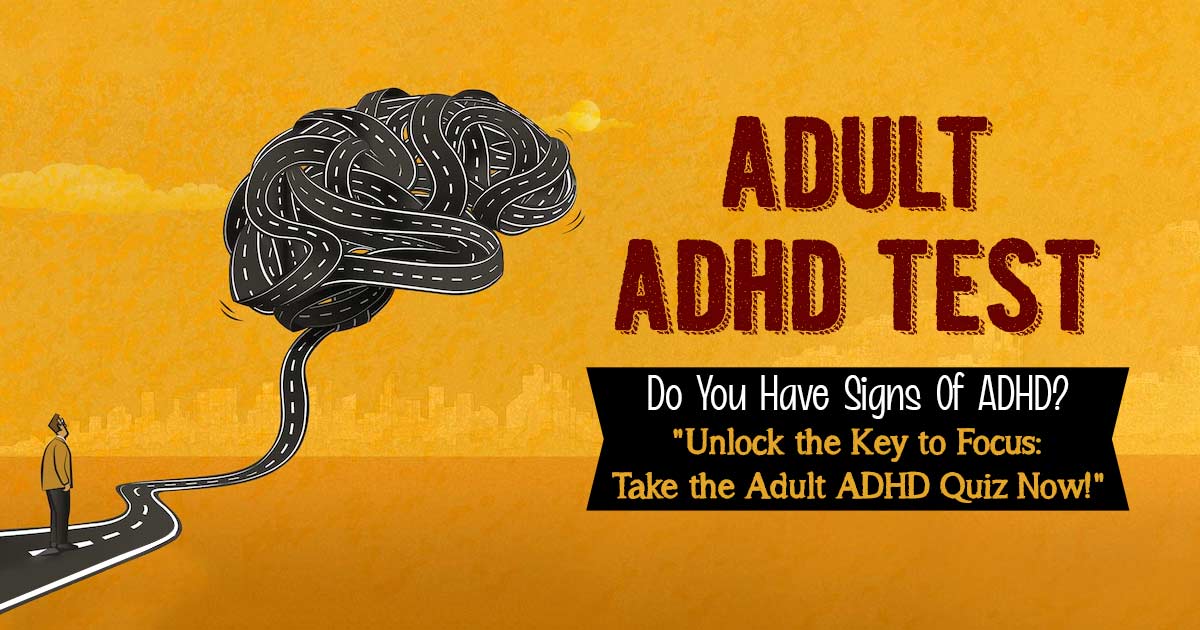Do you ever experience periods of feeling extremely happy, or extremely sad? Have you noticed any changes in your sleep patterns, appetite, or energy levels? Do you have trouble concentrating or making decisions? Or, have you noticed any changes in your social behavior or relationships? Take this Bipolar Assessment Test to know whether you have signs of Bipolar Disorder or not.
What is Bipolar Disorder?
Bipolar disorder, also known as manic-depressive illness, is a mental health condition that affects a person’s mood, energy levels, and ability to function. People with bipolar disorder experience episodes of extreme highs, called manic episodes, and extreme lows, called depressive episodes.
There are several types of bipolar disorder, including bipolar I, bipolar II, cyclothymic disorder, and other specified and unspecified bipolar disorders. The specific type of bipolar disorder a person has depends on the severity and frequency of their episodes, as well as other factors. During a manic episode, a person may:
- Feeling euphoric or excessively happy
- Increased energy, restlessness, and agitation, decreased need for sleep
- Rapid speech and racing thoughts
- Engaging in impulsive or risky behavior, such as substance abuse, or excessive spending During a depressive episode,
they may :
- Feeling sad, hopeless, or empty
- Loss of interest in activities previously enjoyed
- Decreased energy and fatigue
- Difficulty concentrating or making decisions
Read More About Bipolar Disorder Here
Instructions For Taking Bipolarity Assessment Test
Below is a list of statements that relate to life experiences common among people with symptoms of bipolar disorder. Please read each statement carefully and rate the extent to which these are relevant to you.
Please note: This is a self-assessment and not a diagnostic test
Assessment Summary
0 of 15 Questions completed
Questions:
Information
You have already completed the assessment before. Hence you can not start it again.
Assessment is loading…
You must sign in or sign up to start the assessment.
You must first complete the following:
Results
Results
Your time:
Time has elapsed
You have reached 0 of 0 point(s), (0)
Earned Point(s): 0 of 0, (0)
0 Essay(s) Pending (Possible Point(s): 0)
Categories
- Mental Health Assessment 0%
-
Low Sign Of Bipolar Disorder
Your score indicates that you have a low sign of bipolar disorder. It is evident from your score that to a few extent, you may experience a phase of happiness, and at other times you might feel a little sad for some unknown reason. Further, your score seems that in a few cases, you may feel a change in appetite (such as a phase of overeating and then not feeling like eating other times), and a slight change in your sleeping pattern (a shift from not feeling like sleeping to sleeping too much), and in a few cases might also face slight difficulties in the decision-making process. Also, your score reflects that in rare cases, you might experience a slight change in your productivity (phases when you may feel an increased performance, and phases when you may feel a lack of interest in activities) based on your mood and energy level.
Besides this, your response indicates that a few times you may find difficulties in managing your emotions as a result of your shift in the mood, which may also be possible to impact on a few areas of your social interactions and relationships. However, it should be noted that these signs would have a chance to impact your social, occupational, personal, and other areas of functioning in life.
Want to learn more?
Treatment of bipolar disorder typically involves a combination of medication, therapy, and lifestyle changes. Therapy, such as cognitive behavioral therapy (CBT) and psychoeducation, can help manage bipolar disorder. CBT can help individuals identify and change negative thought patterns, while psychoeducation can help individuals better understand their condition and how to manage their symptoms related to bipolar disorder. Lifestyle changes such as regular exercise, healthy eating habits, avoiding alcohol and caffeine consumption, engaging in mindfulness practices such as meditation and yoga, and practicing self-care, such as taking breaks, and doing things that bring joy can altogether help individuals manage symptoms of bipolar disorder and prevent relapse. If you want to know how to overcome your signs of bipolar disorder, talk to our professional psychologists.
You can use our Mood Tracker to stay mindful of your mood every day, identify your innermost thoughts & emotions on a daily basis. It will aid you in doing all those things you love, while limiting activities that might dampen your mood.
-
Moderate Sign Of Bipolar Disorder
Your score indicates that you have a moderate sign of bipolar disorder. It is evident from your score that sometimes, you may experience a phase of happiness, and at other times you might feel sad for some unknown reason. Further, your score seems that often you may feel some changes in appetite (such as a phase of overeating and then not feeling like eating other times), and some change in your sleeping pattern (a shift from not feeling like sleeping to sleeping too much), and some cases might also face difficulties in the decision-making process. Also, your score reflects that somewhat you might experience changes in your productivity (phases when you may feel an increased performance, and phases when you may feel a lack of interest in activities) based on your mood and energy level.
Besides this, your response indicates that often you may find difficulties in managing your emotions as a result of your shift in mood, which may also possibly impact some areas of your social interactions and relationships. However, it should be noted that these signs would have a chance to impact some of your social, occupational, personal, and other areas of functioning in life.
Want to learn more?
Treatment of bipolar disorder typically involves a combination of medication, therapy, and lifestyle changes. Therapy, such as cognitive behavioral therapy (CBT) and psychoeducation, can help manage bipolar disorder. CBT can help individuals identify and change negative thought patterns, while psychoeducation can help individuals better understand their condition and how to manage their symptoms related to bipolar disorder. Lifestyle changes such as regular exercise, healthy eating habits, avoiding alcohol and caffeine consumption, engaging in mindfulness practices such as meditation and yoga, and practicing self-care, such as taking breaks, and doing things that bring joy can altogether help individuals manage symptoms of bipolar disorder and prevent relapse. If you want to know how to overcome your signs of bipolar disorder, talk to our professional psychologists.
You can use our Mood Tracker to stay mindful of your mood every day, identify your innermost thoughts & emotions on a daily basis. It will aid you in doing all those things you love, while limiting activities that might dampen your mood.
-
High Sign Of Bipolar Disorder
Your score indicates that you have a high sign of bipolar disorder. It is evident from your score that you seem to experience strong changes in the phase of happiness and sadness from time to time for some unknown reason. Further, your score seems that you may tend to experience strong changes in appetite (such as a phase of overeating and then not feeling like eating at other times), and in your sleeping pattern (a shift from not feeling like sleeping to sleeping too much), and in most cases also seem to face difficulties in the decision-making process. Also, your score reflects that you seem to experience strong changes in your productivity (phases when you may feel an increased performance, and phases when you may feel a lack of interest in activities) based on your mood and energy level.
Besides this, your response indicates that in most cases you seem to find difficulties in managing your emotions as a result of your frequent shift in mood, which may also possibly impact many areas of your social interactions and relationships. However, it should be noted that these signs would have a chance to strongly impact your social, occupational, personal, and other areas of functioning in life.
Want to learn more?
Treatment of bipolar disorder typically involves a combination of medication, therapy, and lifestyle changes. Therapy, such as cognitive behavioral therapy (CBT) and psychoeducation, can help manage bipolar disorder. CBT can help individuals identify and change negative thought patterns, while psychoeducation can help individuals better understand their condition and how to manage their symptoms related to bipolar disorder. Lifestyle changes such as regular exercise, healthy eating habits, avoiding alcohol and caffeine consumption, engaging in mindfulness practices such as meditation and yoga, and practicing self-care, such as taking breaks, and doing things that bring joy can altogether help individuals manage symptoms of bipolar disorder and prevent relapse. If you want to know how to overcome your signs of bipolar disorder, talk to our professional psychologists.
You can use our Mood Tracker to stay mindful of your mood every day, identify your innermost thoughts & emotions on a daily basis. It will aid you in doing all those things you love, while limiting activities that might dampen your mood.
- 1
- 2
- 3
- 4
- 5
- 6
- 7
- 8
- 9
- 10
- 11
- 12
- 13
- 14
- 15
- Current
- Review
- Answered
- Correct
- Incorrect
-
Question 1 of 15
1. Question
I have experienced phases when I feel really happy and phases when I feel sad.
-
Question 2 of 15
2. Question
I have noticed that there are times when I feel confident and cheerful, and times when I feel hopeless and guilty about myself.
-
Question 3 of 15
3. Question
I feel it difficult to manage social interactions or relationships due to the shift in my mood.
-
Question 4 of 15
4. Question
I tend to feel a change in my appetite, such as loss of appetite or overeating.
-
Question 5 of 15
5. Question
I experience changes in my sleep, such as difficulty falling asleep or sleeping too much.
-
Question 6 of 15
6. Question
I experience changes in my productivity (low or high) depending on my mood and energy level.
-
Question 7 of 15
7. Question
I feel like my emotions are difficult to manage and may go out of my control.
-
Question 8 of 15
8. Question
I engage myself in several tasks and then lose motivation.
-
Question 9 of 15
9. Question
I have had difficulty with concentration in both work or school settings.
-
Question 10 of 15
10. Question
I experience periods of indecisiveness.
-
Question 11 of 15
11. Question
My mood shift tends to impact on my artistic or creative ideas.
-
Question 12 of 15
12. Question
I find myself getting irritated and agitated without any apparent reason.
-
Question 13 of 15
13. Question
I notice a change in my communication pattern (either talking more or do not feel like talking) when experience a shift in mood.
-
Question 14 of 15
14. Question
I feel like I am on top of the world at times, but at other times, feel like nothing is left with me.
-
Question 15 of 15
15. Question
I find it difficult to maintain my routines and scheduled activities of daily life because of my shift in mood.

